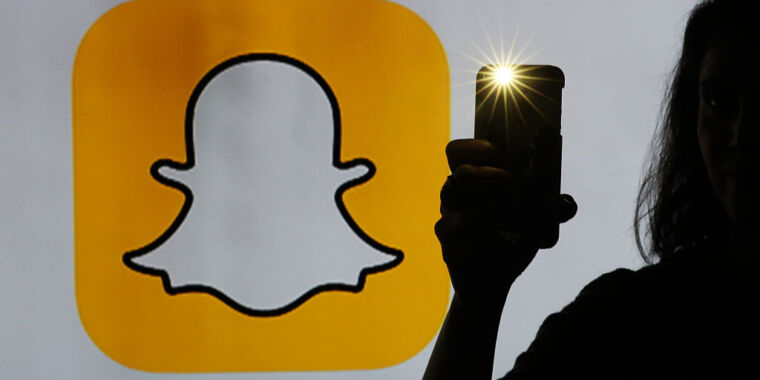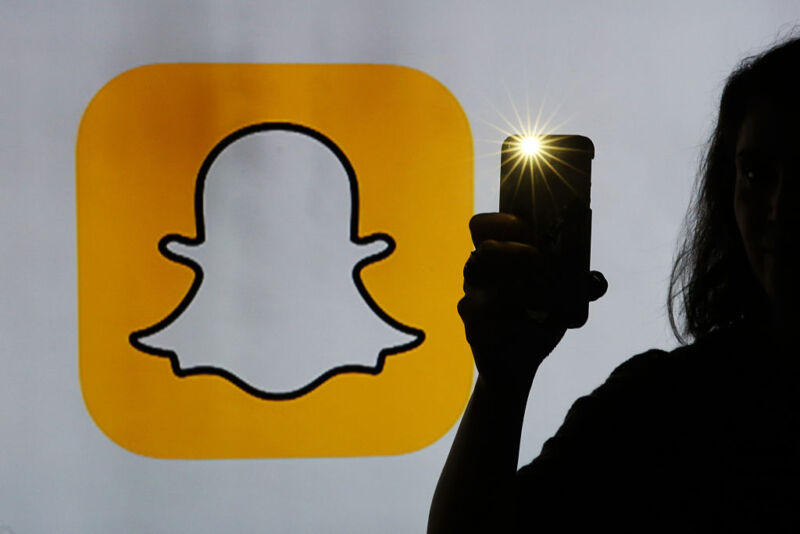Kids Online Safety Act passes Senate despite concerns it will harm kids

The Kids Online Safety Act (KOSA) easily passed the Senate today despite critics’ concerns that the bill may risk creating more harm than good for kids and perhaps censor speech for online users of all ages if it’s signed into law.
KOSA received broad bipartisan support in the Senate, passing with a 91–3 vote alongside the Children’s Online Privacy Protection Action (COPPA) 2.0. Both laws seek to control how much data can be collected from minors, as well as regulate the platform features that could harm children’s mental health.
Only Senators Ron Wyden (D-Ore.), Rand Paul (R-Ky.), and Mike Lee (R-Utah) opposed the bills.
In an op-ed for The Courier-Journal, Paul argued that KOSA imposes a “duty of care” to mitigate harms to minors on their platforms that “will not only stifle free speech, but it will deprive Americans of the benefits of our technological advancements.”
“With the Internet, today’s children have the world at their fingertips,” Paul wrote, but if KOSA passes, even allegedly benign content like “pro-life messages” or discussion of a teen overcoming an eating disorder could be censored if platforms fear compliance issues.
“While doctors’ and therapists’ offices close at night and on weekends, support groups are available 24 hours a day, seven days a week for people who share similar concerns or have the same health problems. Any solution to protect kids online must ensure the positive aspects of the Internet are preserved,” Paul wrote.
During a KOSA critics’ press conference today, Dara Adkison—the executive director of a group providing resources for transgender youths called TransOhio—expressed concerns that lawmakers would target sites like TransOhio if the law also passed in the House, where the bill heads next.
“I’ve literally had legislators tell me to my face that they would love to see our website taken off the Internet because they don’t want people to have the kinds of vital community resources that we provide,” Adkison said.
Paul argued that what was considered harmful to kids was subjective, noting that a key flaw with KOSA was that “KOSA does not explicitly define the term ‘mental health disorder.'” Instead, platforms are to refer to the definition in “the fifth edition of the Diagnostic and Statistical Manual of Mental Health Disorders” or “the most current successor edition.”
“That means the scope of the bill could change overnight without any action from America’s elected representatives,” Paul warned, suggesting that “KOSA opens the door to nearly limitless content regulation because platforms will censor users rather than risk liability.”
Ahead of the vote, Senator Richard Blumenthal (D-Conn.)—who co-sponsored KOSA—denied that the bill strove to regulate content, The Hill reported. To Blumenthal and other KOSA supporters, its aim instead is to ensure that social media is “safe by design” for young users.
According to The Washington Post, KOSA and COPPA 2.0 passing “represent the most significant restrictions on tech platforms to clear a chamber of Congress in decades.” However, while President Joe Biden has indicated he would be willing to sign the bill into law, most seem to agree that KOSA will struggle to pass in the House of Representatives.
A senior tech policy director for Chamber of Progress—a progressive tech industry policy coalition—Todd O’Boyle, has said that currently there is “substantial opposition” in the House. O’Boyle said that he expects that the political divide will be enough to block KOSA’s passage and prevent giving “the power” to the Federal Trade Commission (FTC) or “the next president” to “crack down on online speech” or otherwise pose “a massive threat to our constitutional rights.”
“If there’s one thing the far-left and far-right agree on, it’s that the next chair of the FTC shouldn’t get to decide what online posts are harmful,” O’Boyle said.
Kids Online Safety Act passes Senate despite concerns it will harm kids Read More »


